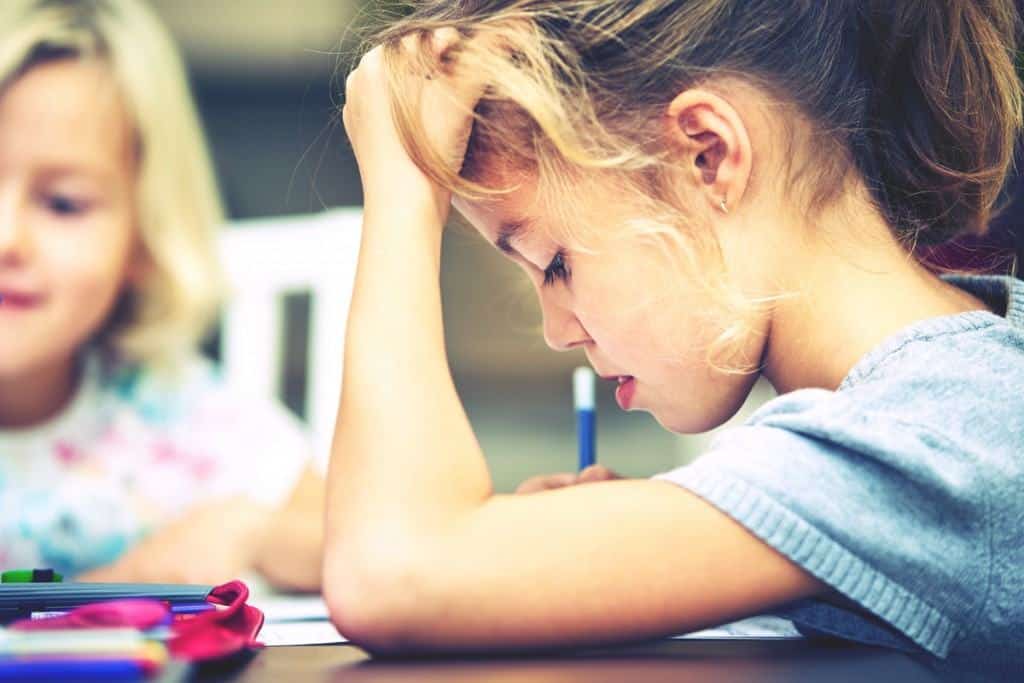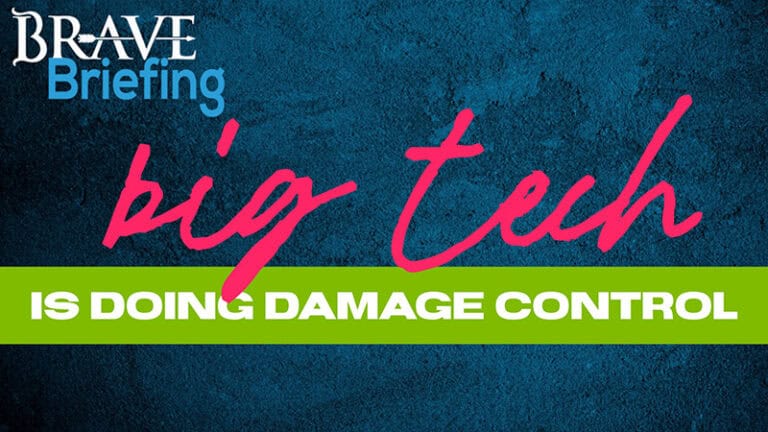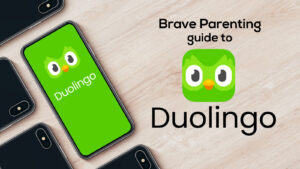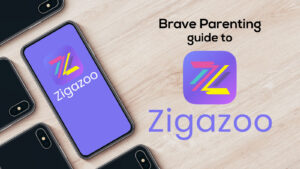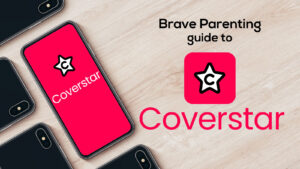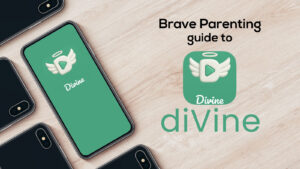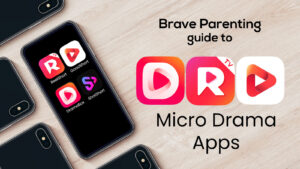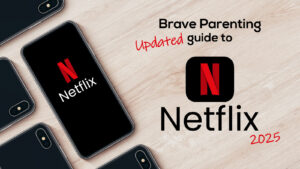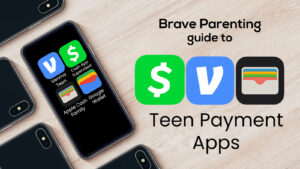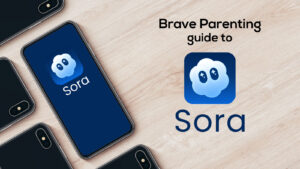Being a retail Pharmacist is sort of like my ‘other life’ outside of being a parent, blogger, and speaker. I enjoy my job because I love getting to know people, helping them overcome simple ailments like allergies or sore muscles, and simply being a kind soul in the brutal territory of sickness, disease, addiction, and insurance drama.
I have spent 32-40 hours of my week in this arena for the past 15 years. I know retail Pharmacy, specifically Walgreens, like the back of my hand. I have seen everything imaginable as I’ve worked throughout 2 of the nation’s largest cities (Houston & San Antonio).
One topic that often connects me with patients/parents is ADHD: to medicate or not.
Like most topics in our culture, people have strong opinions on both sides of the fence. It is my hope that through my own personal experiences, behind the counter and in my home, others may find peace with the question of “to medicate or not?”
As a foster parent, my children have all come to me on a litany of medications. There are almost always an ADHD medication or two and often mood stabilizers, anti-depressants, anti-psychotics, and sleep aids. This is a reality for foster children. I hate it as much as the next person but as they say, “it is what it is.” That’s a soapbox for a different day.
After each of my children were adopted we began working immediately with their doctors to start tapering them off. I believe that given the right environment, structure, and love my kids can thrive and operate without so much medication.
For a few, this worked beautifully. They tapered off and we immediately saw a new child emerge. Along with new personality traits and characteristics, we began to see instant physical growth. Appetites changed and before we knew it, they needed all new clothes to accommodate their growing stature.
For others, we quickly saw that tapering off was most likely not an option. Instead of seeing a new and improved child emerge, we witnessed a child in absolute agony, unable to make choices on their own, complete a task without screaming (in attempt to recapture focus), or even sit in one spot for more than 4 seconds. For these kids, we maintained their medications as necessary.
So for years, I have had an interesting perspective on ADHD medications. I understand how they work, pharmaceutically. I know they stimulate the brain to maintain focus and attention and they do it well. But month after month, I saw the parents who used the medicine in lieu of parenting. I saw parents who freaked out if their child had to go a day without it if there was a problem in filling the Rx. I saw parents who needed their kids to have this medicine.
But I never saw the kids who needed the medication. I never saw their struggles with homework, maintaining a routine, keeping eye contact, or holding a conversation.
I never saw these struggling kids.
Until I saw my own.
Until it was real and in my face, I didn’t consider the other side of the fence and evaluate what is truly going on neurologically to cause the struggle. Once I compared the behavior and emotional stability of my child when they can maintain focus and control to that same child off medication without the ability to do a single normal daily activity, then I knew their reality.
It is literally night and day for them. Without medication they are in pitch black, neurons fire in every direction without a sense of order or purpose. On medication they see the world in a whole new way. They can hold meaningful conversations, learn, and feel imperative emotions like achievement, compassion, and joy.
I saw this firsthand in my children and the Pharmacist in me was overtaken by my mothering instincts.
This topic is forefront on my mind because of a situation that recently occurred in our home.
Every day my children take their medications from little red cups lined up on our kitchen counter. Everyone takes at least 1 (because Texas allergies are awful right now), so there are 6 cups lined up in age order. Each child knows which one is theirs and takes it appropriately. This method has worked without fail everyday until now.
One child, who had been weaned down from Adderall XR 30mg to only 5mg, accidentally took the medicine of another child who happens to be on the highest dosages possible of a different ADHD medication.
Embarrassed as a Pharmacist but slightly concerned for how she would feel throughout the day, I emailed the teacher to give her a heads up the child may feel sick or may be highly focused.
I received a return email from the teacher late that afternoon reporting that this child had the best day ever. The child was focused, attentive, and completed all work both timely and correctly.
Ouch.
To make ourselves feel worse about this new development, my husband and I replayed in our heads how we have been really tough on this child to work harder, pay closer attention to instructions, and memorize – memorize- memorize – multiplication & division facts once and for all!! The teacher even expressed concern for the child’s constant staring off into space or out the window several weeks ago, to which we sternly told her she needed to be paying attention.
Sometimes we are just blind the obvious signs of struggle.
When I asked the child how their day was the simple response I received said it all, “Mom, it was really easy for me to work hard.”
Okay, so now we know, darling. Now we know you just might need a little more medicine to get you through this season. It won’t be forever, as you work on your good study habits and organization you can begin to train your brain to work better without the medicine. But for now, we want you to be able to learn. What you are learning is hard enough, you don’t need to fight your brain before having to fight the material.
“Is this bad, Mom?”
No, not at all. What started out as a mistake you felt really bad about (taking the wrong meds) God has now redeemed into something good. You weren’t able to find the words to tell us how you were struggling at school, but God saw your struggle and wanted to help. He really does work all things for good.
As a Pharmacist, I don’t push “to medicate”. I’d rather be out of a job then have our society chemically dependent and bankrupt.
But as a mom, if there is a solution to help my sons and daughters overcome and succeed, I want that for them. I will always and absolutely do my part at home – parenting with love, discipline, structure, encouragement and intention – for all of these things there is no substitute.
For the chemistry inside their brain which I have no control over, however, I will allow the medicine to work.
We will not let medicine replace our parenting but will allow the medicine to be an adjunct to our strategy for their success.

